鈴木勝の作詞、服部良一の作曲、笠置シヅ子の歌唱により、1947年発表(ただしレコード発売は翌年1月)されてヒットしたブギのリズムによる日本の歌謡曲であり、「青い山脈」「リンゴの唄」などと並んで、戦後の日本を象徴する曲として有名である。1947年12月公開の日本映画「春の饗宴」劇中歌。東京ブギウギの大ヒットは、当時笠置が10月14日から翌月まで公演を行っていた「踊る漫画祭・浦島再び竜宮へ行く」(日劇)の挿入歌として歌われたことがきっかけとされている。ただし、この曲が最初に歌われたのはそれ以前の9月、大阪の梅田劇場(現・HEP)でのことであった。(フリー百科事典 ウィキペディア日本語版より:https://x.gd/GcWpz)
ーーー
With lyrics by Masaru Suzuki, composition by Ryoichi Hattori, and singing by Shizuko Kasagi, this is a Japanese popular song with a boogie rhythm that became a hit when it was released in 1947 (although the record was released in January of the following year). Along with ”Blue Mountains” and ”Ringo no Uta,” it is famous as a song that symbolizes postwar Japan. A song from the Japanese movie “Spring Feast” released in December 1947. Tokyo Boogie Woogie became a big hit when it was sung as an insert song for ”Odoru Manga Festival Urashima Again Ryugu wo Go” (Nichigeki), which Kasagi was performing at the time from October 14th to the following month. . However, this song was first sung earlier, in September, at the Umeda Theater (now HEP) in Osaka. (From the free encyclopedia Wikipedia Japanese version: https://x.gd/GcWpz)


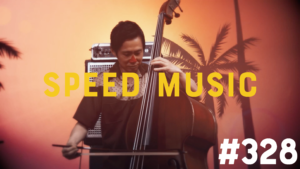
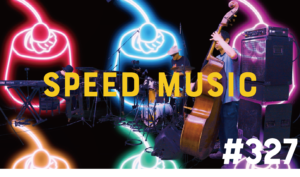
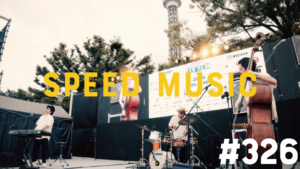
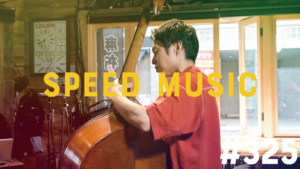
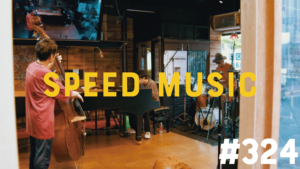
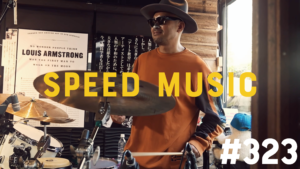
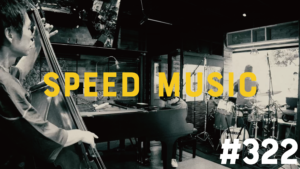
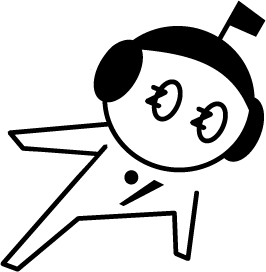





コメント